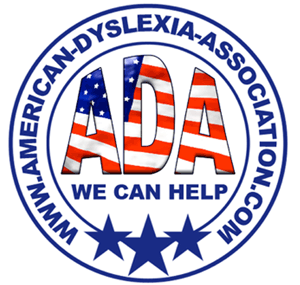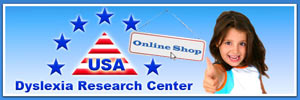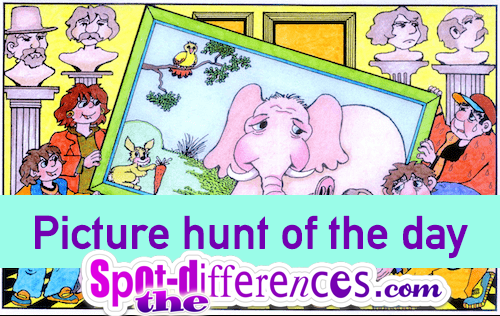Tag: children
The DYScourse of a Queen

This short film was made as part of the Nikon film festival. Lucie Mariette, the co-director, is a special needs teacher. Every day, she is confronted with the difficulties faced by pupils who feel excluded and misunderstood in a rigid, standardized system. This film, full of hope, shows that each child is unique and that […]
Unlocking the Pages – “Words Tangled” by Olivia Von Holt
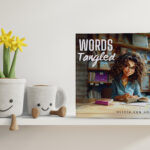
Today, we dive into something deeply personal and incredibly important: the latest children’s book by Olivia Von Holt, “Words Tangled.” This narrative is not just another book; it stands as a beacon of hope and a tool for empowerment, especially for young readers navigating the challenging waves of dyslexia. The Heart of “Words Tangled” Crafted […]
A NYC Class’s “Backwards” Song About Letters
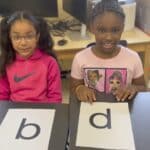
Erik Arnesen, a music teacher at a New York City public school (PS 18) in Park Terrace, Manhattan, remembered hearing how some children had difficulty decoding printed letters that looked alike when reversed. At the time, he only had a vague idea that dyslexia meant seeing letters and numbers jumbled, out of order, or turned […]
The Benefits of Play in Cognitive Development
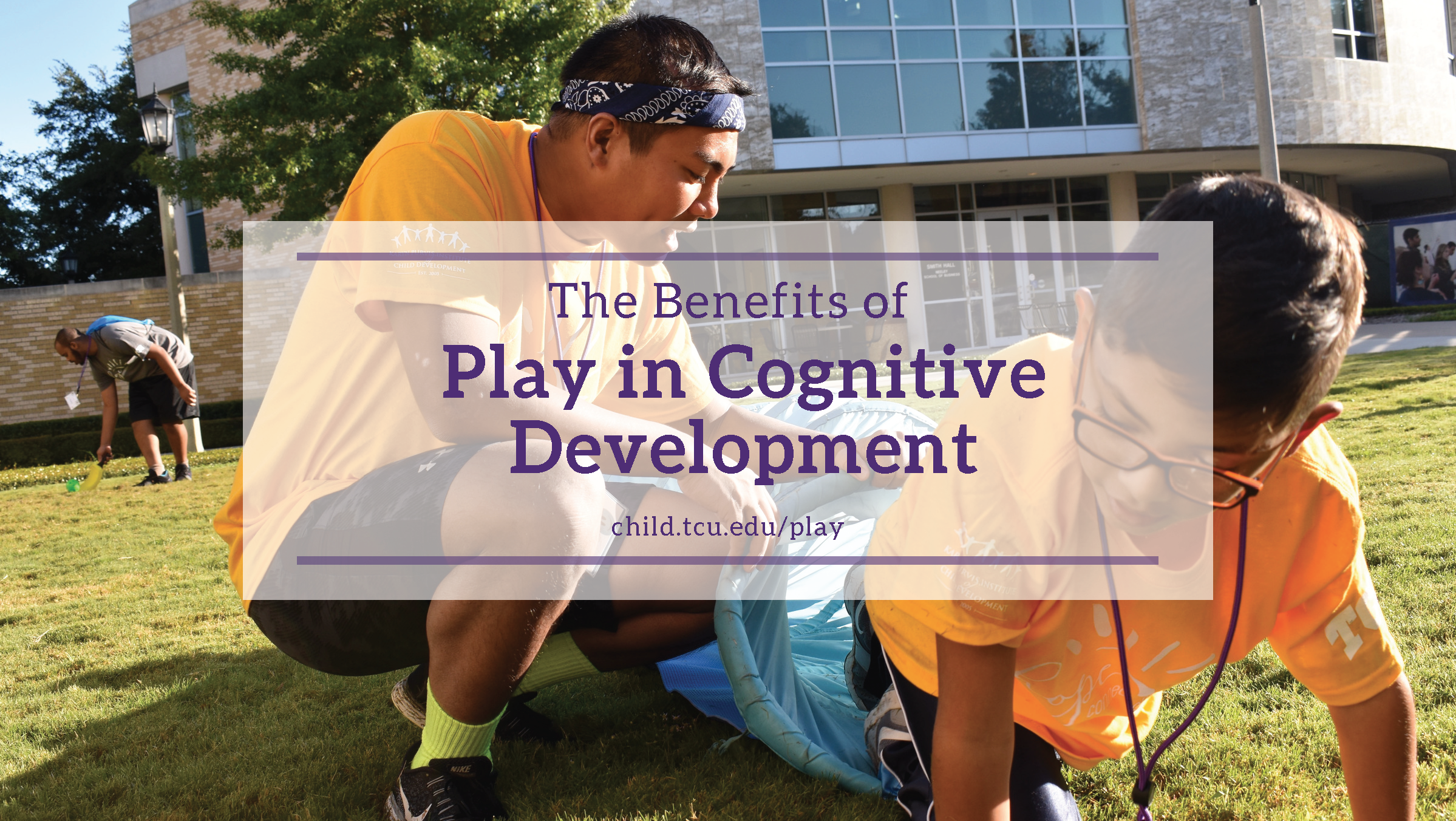
Editor’s note: While it may seem like a simple idea, play is fundamental to forming trust-based relationships. Play permeates the TBRI empowering, connecting, and correcting principles and as Dr. Purvis once said: “Play disarms fear, builds connectedness, and teaches social skills and competencies for life.” We’ve recently received a few questions about the benefits of […]
9 Surprising Clues Of Dyslexia in Children

Will Your Child Grow Out of His Reading Difficulty or Is It Dyslexia? Are you worried your child’s slow start to reading might indicate dyslexia? Is your older child struggling with reading, but you are not sure how serious it is? Should you act now or will your child’s reading difficulties most likely resolve naturally? We all know […]
Dyslexia and Working Memory Go Hand in Hand—How to Help Students Remember More
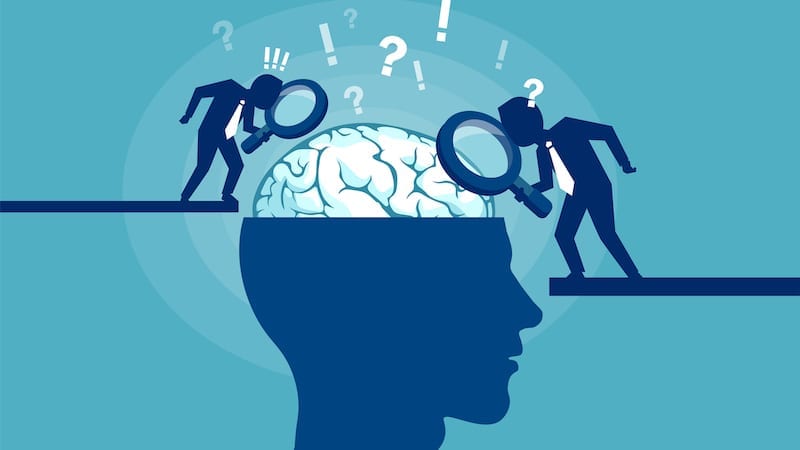
Samantha Cleaver on October 9, 2019 Brought to you by Learning Ally As teachers, we know that when students have certain abilities, they’re better prepared for school and life. Working memory is one of those things. We know it when we see it: Students are organized, know exactly what to do after you’ve given directions, and are […]
Dyslexic Thinkers Aren’t Disabled Thinkers

In the world of reading, we know oral language is mapped on to symbols we recognize as the alphabet. This is a sound-symbol relationship. When an individual struggles to grasp this relationship, the label of ‘dyslexia’ is often applied, implying a learning disability. This approach assumes everyone thinks and processes incoming information alike. What if […]
Why Are Some Bilingual People Dyslexic in English but Not Their Other Language?

Featured Neuroscience October 9, 2020 Summary: The characteristics of language structure and writing system may explain why some bilingual people are dyslexic in English, but not in their other proficient language. Source: Brunel University In the English-speaking world, dyslexia is a learning disorder we’re all familiar with – if we don’t have it ourselves or have […]
Why is it important for a child with dyslexia to have good self-esteem?
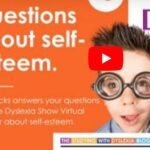
Parenting coach, John Hicks, answers questions from parents of dyslexic children about self-esteem and dyslexia taken from the Dyslexia Show Virtual webinar “Why is it important for a child with dyslexia to have good self-esteem?” on the 7th May 2020. https://youtu.be/LK_dcW2t3Qg Key Links: The Studying With Dyslexia Blog article – www.studyingwithdyslexiablog.co.uk/blog/dyslexia-show-virtual-questions-about-self-esteem The Dyslexia Show […]


